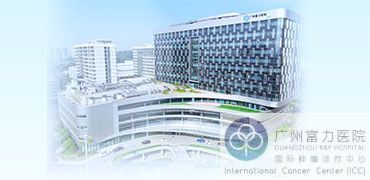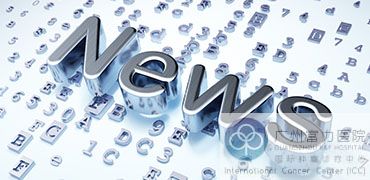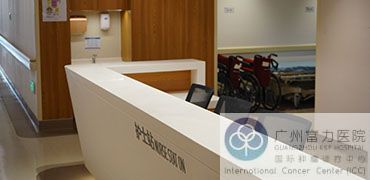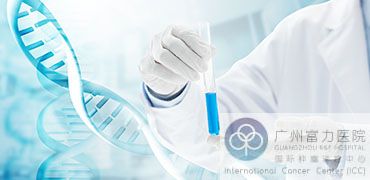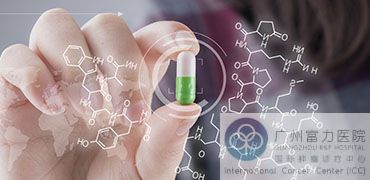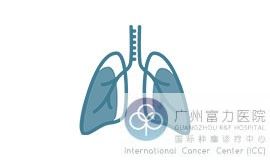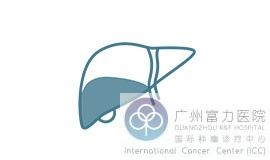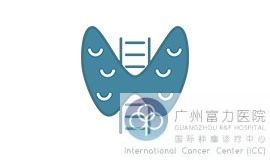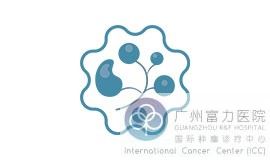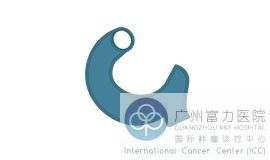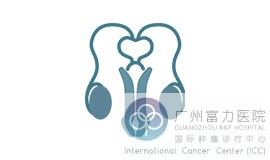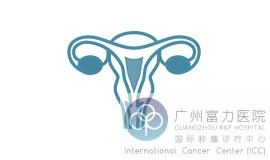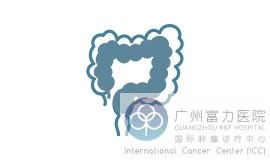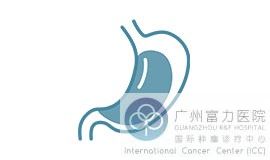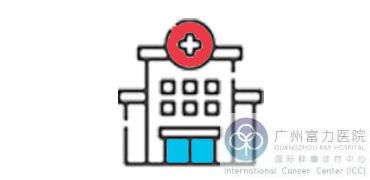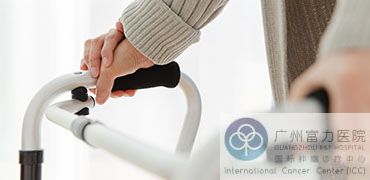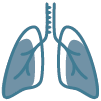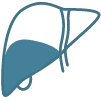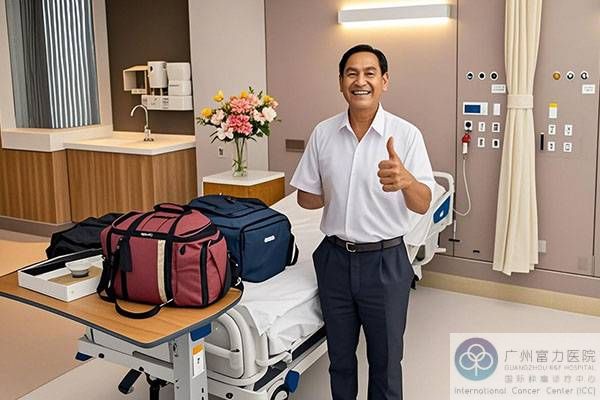Lymphoma Diagnosis
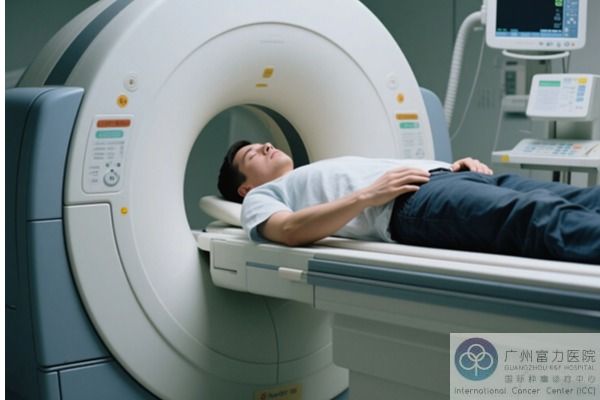
Imaging tests
Ultrasound: Ultrasound can detect lymph nodes larger than 2 cm in diameter. However, it has certain limitations, and it is impossible to clearly determine whether the enlarged lymph nodes are caused by tumor invasion, reactive hyperplasia or chronic inflammation. However, this examination is useful in detecting hepatosplenomegaly and more obvious tumor nodules in the liver and spleen.
CT, MRI and sonography examinations: They are of great value in the diagnosis of lymphoma and can effectively detect intrathoracic, retroperitoneal, and mesenteric lymph node lesions as well as liver and spleen lesions. Once a suspected tumor is found in the body during these examinations, the doctor will usually obtain tumor tissue from the patient and perform a biopsy to determine whether the tumor is benign or malignant. This test is suitable for people who have swollen lymph nodes and are suspected of having lymphoma.
Lymph node biopsy: Pathological examination is crucial for the diagnosis of malignant lymphoma, among which lymph nodes are the most common pathological examination specimens. Through pathological analysis of lymph nodes, it is possible to accurately determine whether a person has lymphoma and the specific type of lymphoma.
Blood picture examination: In terms of blood picture examination, the white blood cell count of most patients with Hodgkin's lymphoma is within the normal range in the early stages of the disease, but in the late stages, the lymphocyte count will decrease. In contrast, when patients with non-Hodgkin's lymphoma seek medical treatment, their white blood cell count is often higher than that of normal people, and is often accompanied by relative or absolute lymphocytosis. This difference in blood pictures is of great reference significance for the diagnosis and differential diagnosis of lymphoma.
Bone marrow biopsy: The incidence of bone marrow invasion in lymphoma is high, reaching 40%-90%. Given the importance of bone marrow examination in clinical diagnosis, doctors often need to perform one or more puncture biopsies to obtain sufficient bone marrow samples for comprehensive analysis, so as to accurately determine whether lymphoma has invaded the bone marrow, which is critical for evaluating disease progression and formulating treatment plans.
Liver section: In non-Hodgkin's lymphoma, small lymphocytes and small cleaved cells are more likely to invade the liver than large cleaved cells. Therefore, for patients with this type of lymphoma, liver biopsy is sometimes a necessary examination method, which helps to further clarify the condition and understand the scope of tumor invasion.
Biopsy: Biopsy is an indispensable and key examination method for the diagnosis of lymphoma. When choosing a biopsy site, lymph nodes in the lower neck or axilla are generally preferred. This is because the lymph nodes in these areas are relatively superficial, easy to operate, and can obtain relatively ideal diseased tissue samples, providing a strong basis for accurate diagnosis.
Mediastinoscopy: Mediastinoscopy can be performed through an extrapleural approach into the mediastinum for biopsy. This examination method is relatively simple to operate and has high safety. It is of great value in diagnosing lymph node lesions in the mediastinum. It can help physicians understand the disease more comprehensively and provide key information for subsequent treatment decisions.
For more cancer knowledge, please click on the online doctor for consultation
Use precise technology to create more possibilities for life.
The Cancer Center of Guangzhou R&F Hospital has opened an era of "chemotherapy-free survival" for cancer patients, winning a lasting victory for life. If you or your family are facing difficulties in cancer treatment, please contact the Guangzhou R&F Hospital Cancer Center. We offer multilingual medical history consultations, contact us today to get an assessment of your treatment eligibility.
Contact Us:
email: rfcancercenter@gmail.com |
WhatsApp: +86 18565157271




